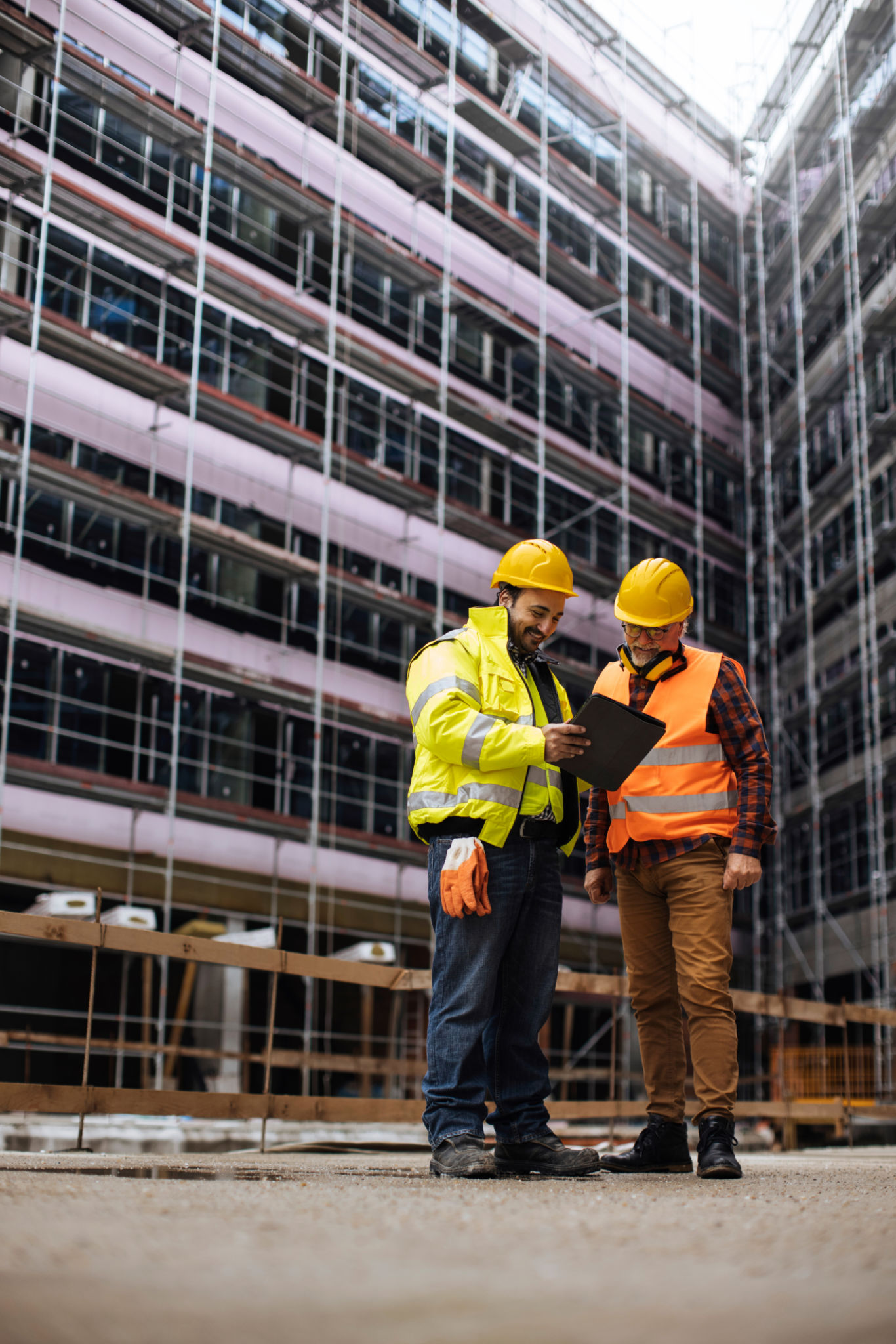Understanding Local Building Regulations for Renovations in South Florida
Introduction to Local Building Regulations
Undertaking a renovation project in South Florida can be an exciting venture, whether you're updating your home for personal enjoyment or increasing its market value. However, before you dive into the process, it's crucial to understand the local building regulations that govern renovations in this region. These regulations ensure that your project is not only safe but also compliant with local standards, avoiding potential legal issues down the line.

Why Building Regulations Matter
Building regulations are in place to safeguard the health and safety of residents and ensure environmental sustainability. In South Florida, these regulations are particularly stringent due to unique regional challenges such as hurricanes and flooding. By adhering to these guidelines, homeowners can protect their investment and contribute to the community's overall safety and resilience.
Moreover, complying with building codes can impact your insurance premiums and property value. Homes that meet or exceed these standards are often viewed more favorably by insurers and buyers alike, offering you a competitive advantage in the real estate market.
Key Aspects of South Florida Building Codes
South Florida's building codes cover various aspects of construction and renovation, including structural integrity, electrical systems, plumbing, and energy efficiency. Here are some critical components to consider:
- Wind Load Requirements: Due to the frequent hurricanes, structures must be designed to withstand high wind speeds.
- Flood Zone Compliance: Depending on your property's location, specific regulations may apply to mitigate flood damage.
- Energy Efficiency: Regulations encourage the use of materials and methods that reduce energy consumption.

Obtaining Necessary Permits
Before beginning any renovation project, it's essential to secure the necessary permits from your local building department. The permitting process ensures that your plans meet all applicable codes and standards. Typically, you'll need detailed architectural plans and may be required to work with licensed professionals to gain approval.
The types of permits required can vary based on the scope of your project. Common ones include structural permits for major changes, electrical permits for wiring updates, and plumbing permits for any changes to water systems. Failing to obtain the appropriate permits can lead to fines or even forced removal of completed work.
Working with Professionals
Considering the complexity of South Florida's building regulations, enlisting the help of experienced professionals is often a wise decision. Architects, contractors, and engineers familiar with local codes can guide you through the renovation process efficiently and effectively.

By partnering with knowledgeable professionals, you can ensure that your renovation not only meets regulatory requirements but also reflects your vision and enhances your property's value. They can help navigate any challenges and coordinate with local authorities to keep your project on track.
Conclusion
Understanding and adhering to local building regulations is a critical step in any renovation project in South Florida. These guidelines are designed to protect both homeowners and the broader community from potential risks associated with construction activities. By prioritizing compliance and working with skilled professionals, you can ensure a smooth renovation process that results in a safe, beautiful, and legally sound property.